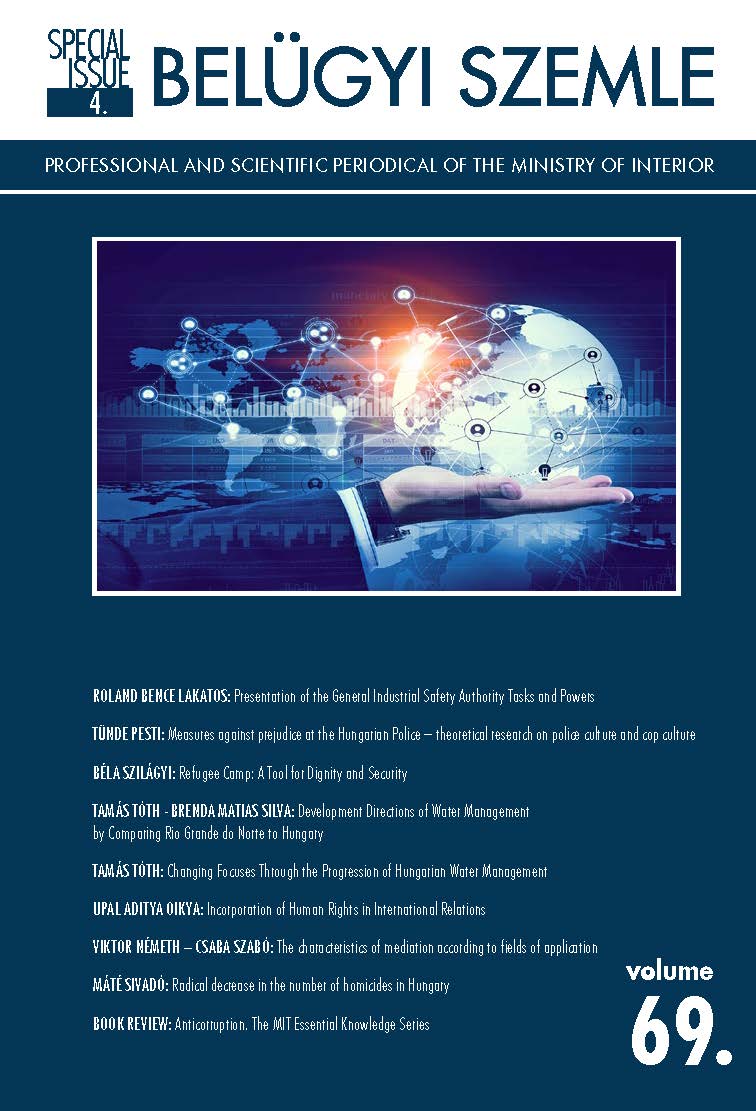Abstract
Human rights have been firmly enmeshed in both studies and practice of international relations. The prevailing theories of international relations describe the function of those rights in substantially dissimilar ways, and it is apparent that their key statements include compelling arguments, suggesting an inconvenient apposition of state sovereignty with ideas of universal moral order. The development of the universal human rights regime of the United Nations (UN), the growth of international non-governmental organizations (NGOs), and, eventually, human rights activists have made it possible for human rights to be more deeply incorporated into state diplomatic activities. These trends, however, raise critical concerns about the practice of the state of human rights. Although there is some reversal of the norm, however, states continue to face humanitarian crises and show signs of human rights protection domestically and promotion internationally to varying degrees. In the same way, we are also seeing a major change in the principles and procedures of international enforcement of human rights. The goal of this paper is to address briefly certain variables relevant to the incorporation of human rights in international relations.

